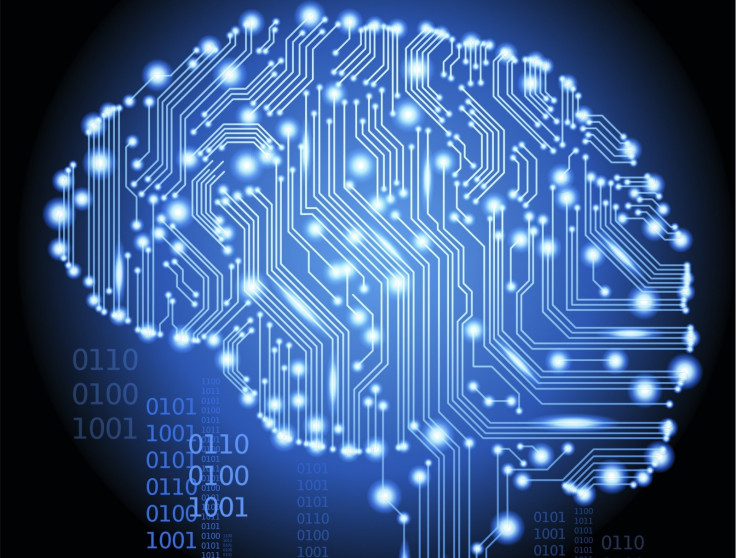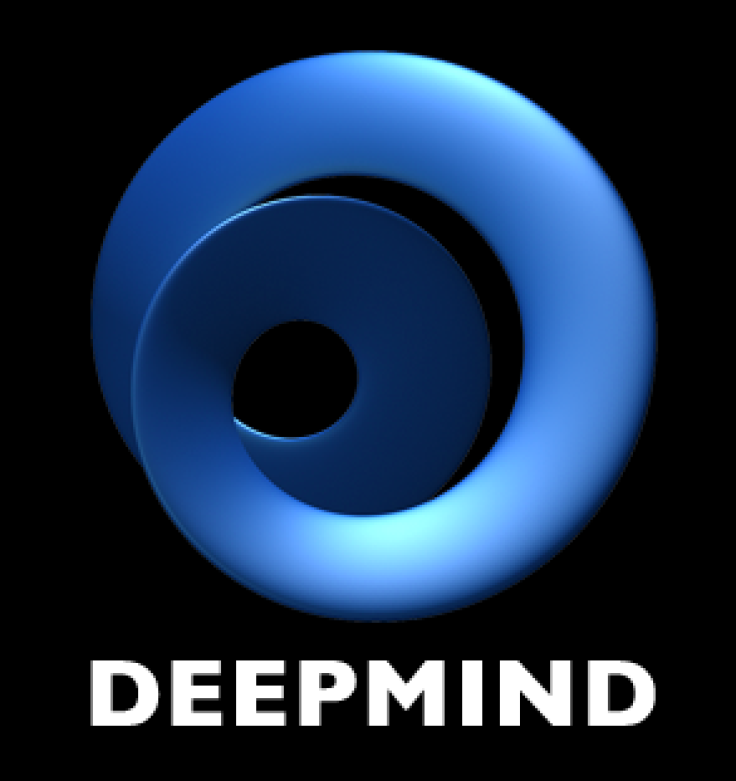Google's DeepMind Builds Artificial Intelligence Computer That Mimics Human Brain

Google-owned artificial intelligence (AI) startup DeepMind has unveiled a computer prototype capable of mimicking properties of the human brain's short-term memory.
The Neural Turing Machine learns and stores algorithms and data as "memories", which it is then able to retrieve later to perform tasks it has not been previously programmed to do.
"We have introduced the Neural Turing Machine, a neural network architecture that takes inspiration from both models of biological working memory and the design of digital computers," Alex Graves, Greg Wayne and Ivo Danihelka from DeepMind wrote in a recent research paper.

"Our experiments demonstrate that it is capable of learning simple algorithms from example data and of using these algorithms to generalise well outside its training regime."
This new form of AI builds on the work of American cognitive psychologist George Miller, who first began research into the capacity and function of the short-term memory in the 1950s.
Computer scientists have since attempted to design algorithms and neural networks to replicate a process known as variable binding, which describes the ability to store data of different lengths and return to it when required.
"Our architecture draws on and potentiates this work," the paper states. "For example, we were curious to see if a network that had been trained to copy sequences of length up to 20 could copy a sequence of length 100 with no further training."
Further DeepMind research into AI technologies received a boost last month when Google announced a partnership with leading research teams from Oxford University.
As part of the deal, Dark Blue Labs and Vision Factory at the university will work with DeepMind to accelerate research efforts.
© Copyright IBTimes 2024. All rights reserved.






